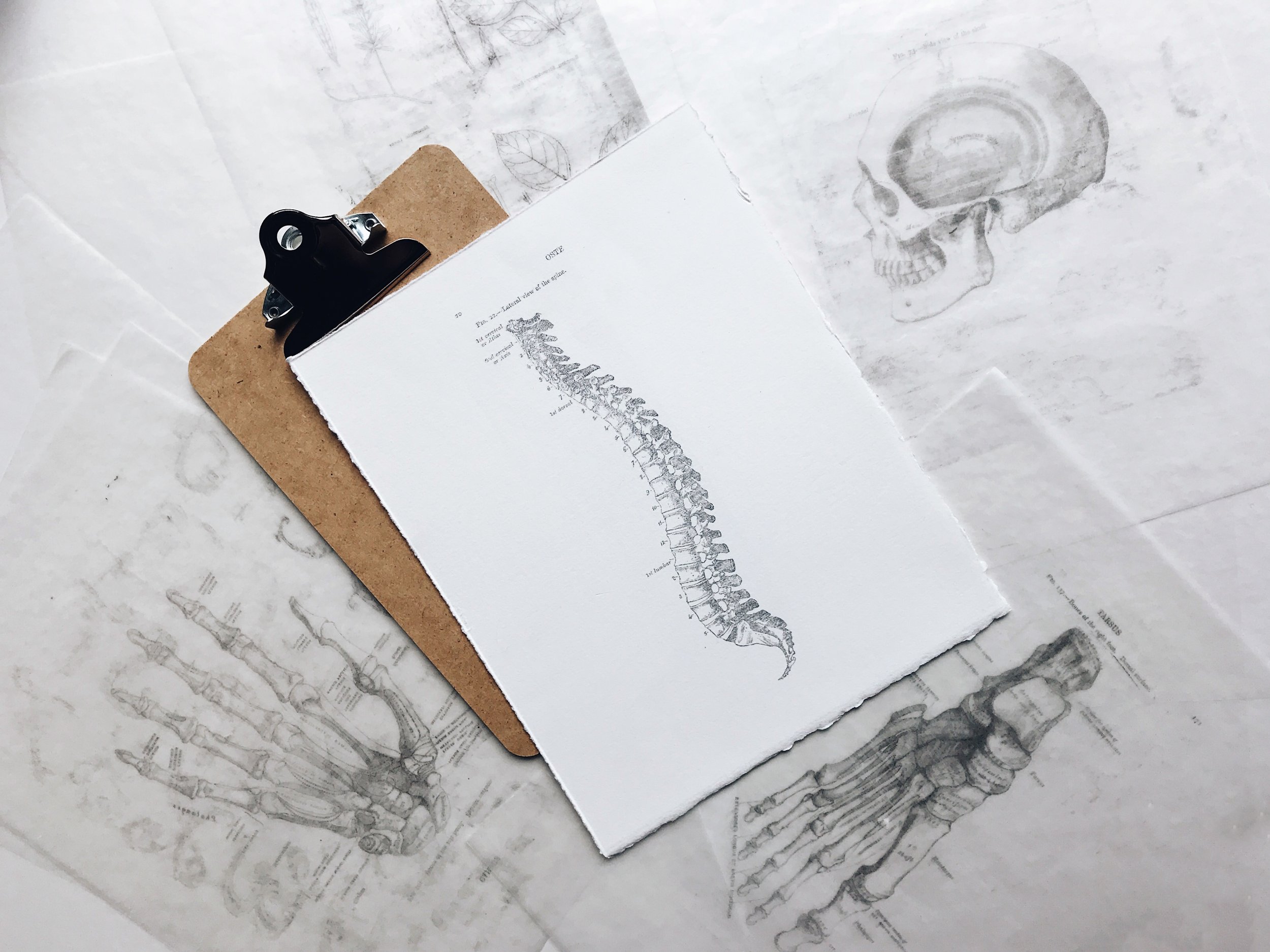Window of Tolerance
Photo by Rob Wingate on Unsplash downloaded 8/29/22
Trauma impacts more than just our mind and thinking - it also changes how our body operates! From operating out of a different part of your brain to feeling like you are always in danger, your body has developed special methods to keep you safe after you’ve experienced an event that has made you feel unsafe. This can be extremely debilitating and control how we live our lives. The good news? You can use a few simple hacks to tell your body it is safe and can return to its comfort zone - your Window of Tolerance.
Autonomic Nervous System: How does it work?
Photo by Joyce McCown on Unsplash downloaded 8/29/22
Each of us is born with a system in our bodies called the Autonomic Nervous System, or ANS. It controls our involuntary processes such as our heart rate, blood pressure, breathing, digestion, and even sexual arousal! According to the Polyvagal Theory, it also works as our behind-the-scenes bodyguard. It naturally scans your environment for any signs of danger, so we don’t have to think about it all the time. Ever wonder why you sometimes just get a weird first impression from someone, even when you barely talk to them? Your ANS has sensed something about them that may not be totally safe or welcoming to you. It may not be telling us the whole truth, but it is doing its best to keep you safe. When it senses safety, we get to rest in our comfort zone, or our Window of Tolerance.
Sometimes, situations appear safe to the ANS, but then something happens very suddenly, and we are no longer safe. That would be pretty confusing, right? Some sudden event that has never happened to you before that threatens your life makes you question a lot. How can I trust I am safe now? What if something like that happens again? How can I be prepared in the future? Your ANS has the same questions, and as a result, it stays pretty busy doing everything it can, so you don’t get hurt again. We no longer sit in the Window of Tolerance.
One way it keeps us safe is by ramping us up and keeping us on our toes at all times. You are ready to defend yourself at any given moment! You might like to see your exits at all times, have your back to a wall, or respond to the slightest sound that might be dangerous just in case it is. Other times we focus on self-preservation, staying in our protected environments on our own so nobody and nothing can hurt us. Things like leaving the house, meeting new people, or even moving off the couch are not an option. Avoiding anything that may be unsafe feels like the key to protection.
Both of these are learned survival skills. But we aren’t meant to just survive as humans, are we? We socialize, create civilizations, work at jobs, build families, and much more. That feels impossible to do when we aren’t even sure we will make it through the day safely.
So, what can we do to teach our bodies that it’s okay to go back to the Window of Tolerance so we can return to that higher level of life we previously held? It depends on what state your body is in! If it has been really ramped up, anxious, and on high guard, we want to tell it to slow down. But do I want to slow down even more when I am depressed and can’t get off the couch? Definitely not! We want to engage our body! Below are some simple techniques for when we feel each of these to tell our mind and body it’s okay to return to a state of calm.
Ramped Up/Anxious
Photo by Katerina May on Unsplash downladed 8/29/22
Take slow, deep breaths. Your breathing is the only part of your Autonomic Nervous System you are able to control. Slow breaths, particularly a slow exhale, are direct forms of communication to the ANS to tell it to calm down.
Yoga
Meditation
Drinking through a straw
Slowed Down/Depressed
Engage your senses! Smell something with a strong odor, eat something with a crunchy or chewy texture, listen to music, touch something rough or smooth, list at least 5 objects you see
Increase movement or light exercise - bounce on a yoga ball, stand up and walk for a few minutes, arm circles
Focus on your breathing and set a steady pace for it
Therapy in Missouri
It’s ok to need help, and Aspire Counseling is here for you. Maybe you’d like help with trauma and your window of tolerance, or maybe you’d like help with other various mental health concerns such as anxiety, depression, trauma, grief, an eating disorder or OCD, and we'd love to help you.
We offer in person counseling at our office in Columbia Mo. However, because our therapists and counselors offer online counseling, we can actually work with anyone in the state of Missouri. To get started, contact us today through our website or call us at 573-328-2288.
About the Author
Mikayla Wichern (LMSW) is a wonderful addition to Aspire Counseling. She works with adults of all ages, and primarily works with anxiety, depression, trauma/PTSD, stress, life transitions, and so much more. Mikayla is very passionate about providing support, and helping all of her clients, along with hanging out with her dog on her days off!




